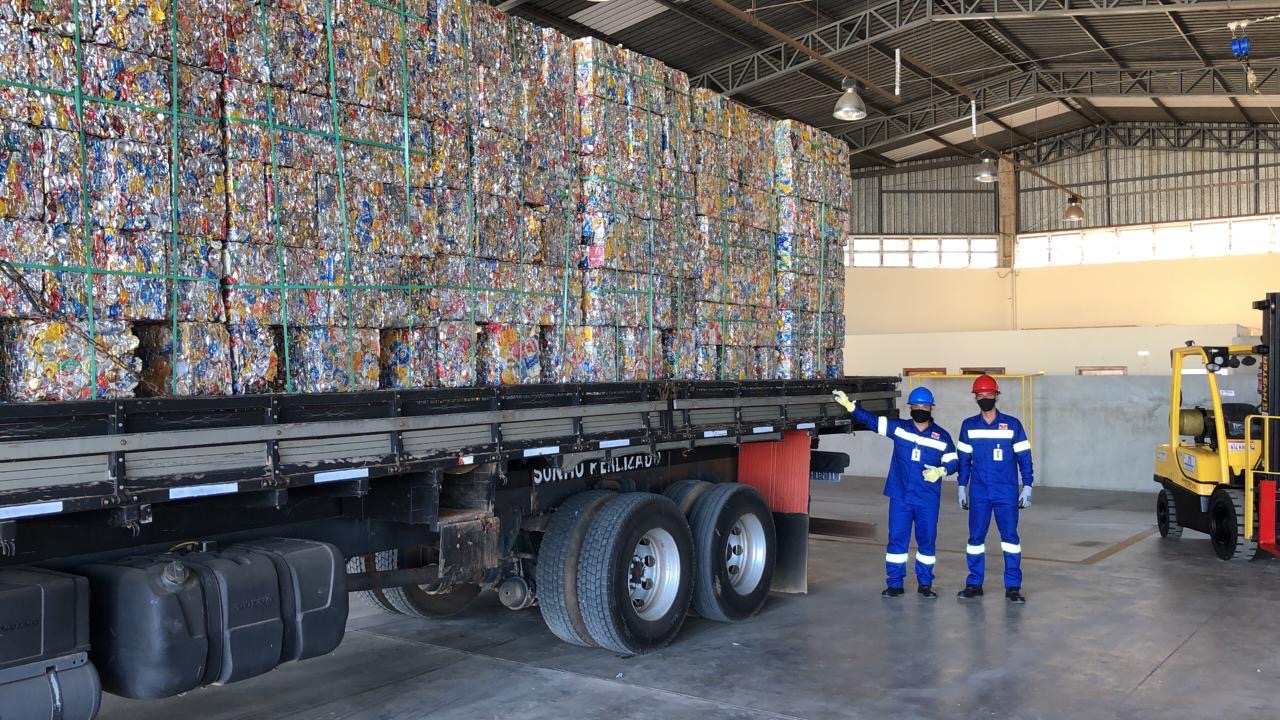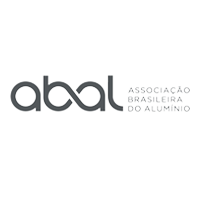Associação Brasileira do Alumínio (ABAL) – Driving ASI Certification in Brazil
Janaina Donas, Executive President, Associação Brasileira do Alumínio (ABAL), gives us an insight into the drivers for ASI certification in Brazil.
9 June 2022
Encouraging uptake in ASI certification
Sustainability is at the core of the Brazilian aluminum industry, as a driver for decision-making and for the implementation of actions and projects. The Brazilian Aluminum Association (ABAL) represents companies in the whole value chain, from mining to recycling. ABAL’s main objective in joining ASI was to encourage its associates to achieve ASI certification, which is internationally recognized by the aluminum consumer market. More than a certification, ASI promotes and encourages the best sustainability practices. It is an increasingly necessary platform, as it recognizes and values responsible management efforts.
“In Brazil, several industries operate globally and need to be aligned with the best international practices. Therefore, we recognize that the ASI certification is a fundamental reference for the aluminum chain, from end to end, attending to the highest standards of performance at all stages of production. We are very proud to have representatives from each and every part of the value chain certified”
– Janaina Donas, executive president of the Association

The Brazilian Aluminum Association (ABAL) represents companies in the whole value chain, from mining to recycling.
Image credits: Novelis - Scrap collection center
Our work is ongoing
Actors in the Brazilian aluminum value chain have achieved ASI certification in all stages, in bauxite mining, in the production of alumina and in the manufacture of primary aluminum. Companies in the main metal processing and recycling industries are also certified.
“However, we still have a way to go and our role, as an association that represents an essential sector for society, is to continuously encourage Brazilian companies to prioritise sustainability in their operations and seek ASI certification”.
– Janaina Donas, executive president of the Association
Staying committed to a sustainable future
The Brazilian aluminum industry aims to be competitive, innovative, resilient, and sustainable, providing certified aluminum products with a low carbon footprint to meet the growing demand of markets and contribute to solutions committed to a sustainable, circular and carbon neutral future.

The Association works through Technical Committees and Market Committees to develop its activities and meet its major challenges, among which are: competitiveness, disseminating aluminum applications and incentives to its new applications, consolidating the industry’s economic interests and representing them before government agencies, while watching over its institutional image and the product “aluminum”.
SHARE THIS ARTICLE


